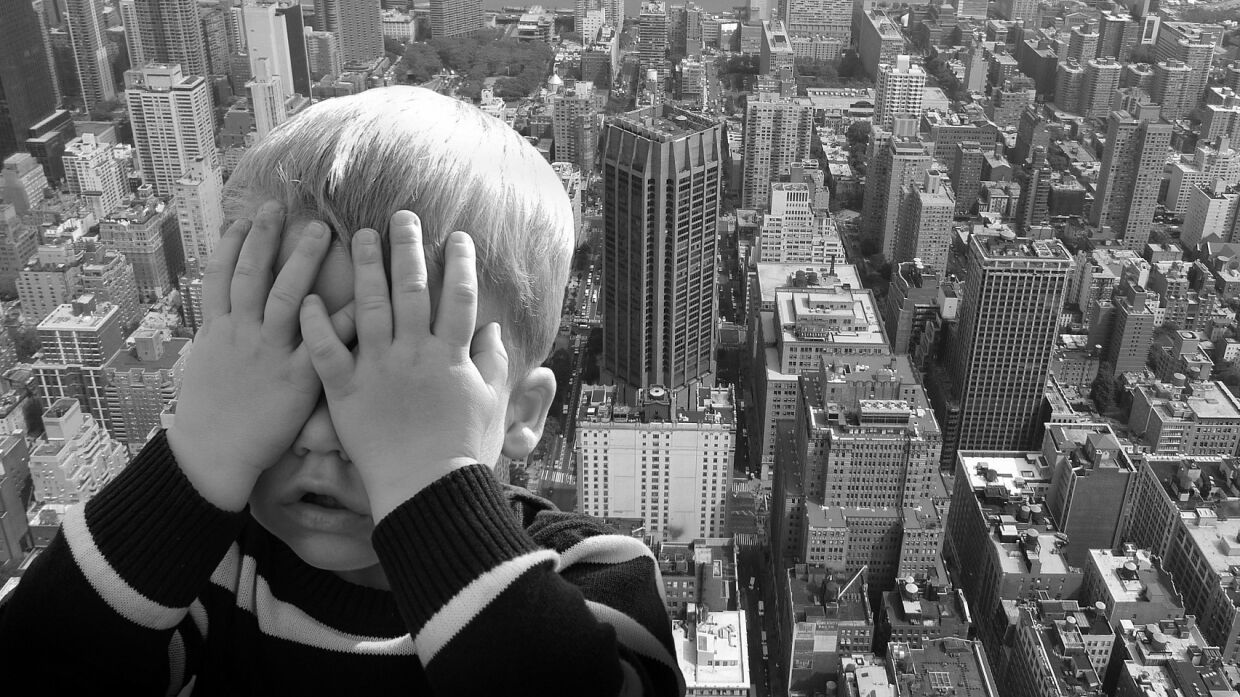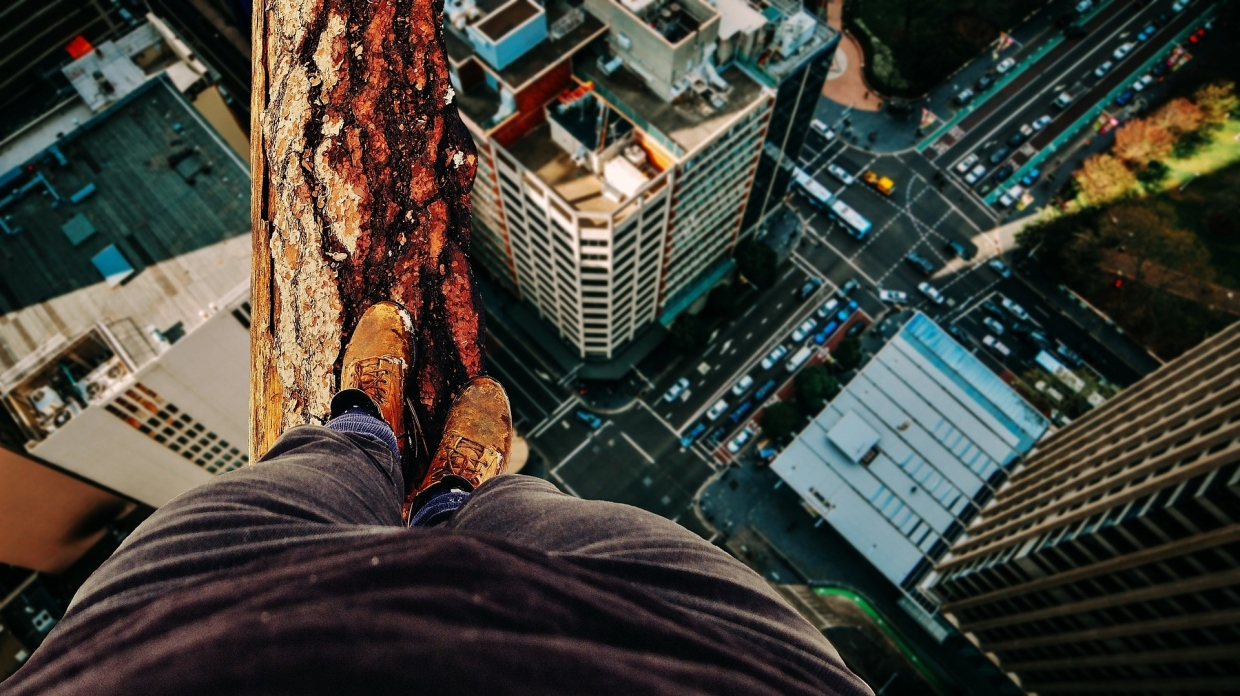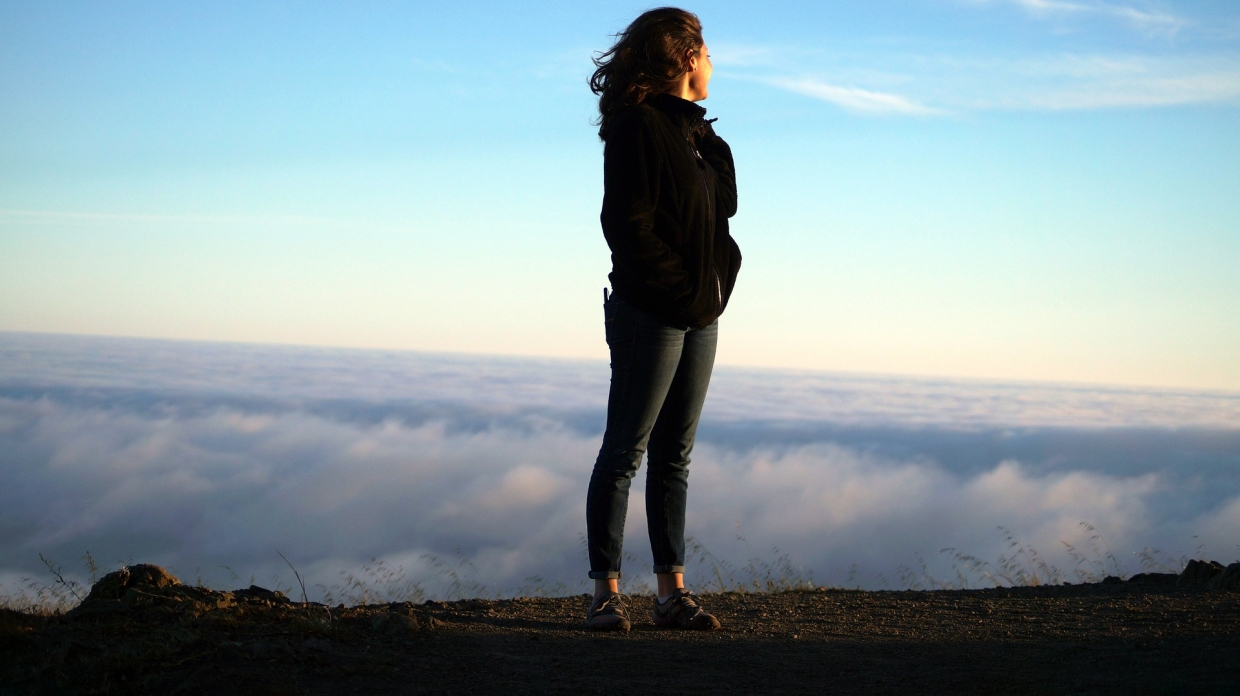
The word "phobia" is translated from ancient Greek as "fear". First of all, should say, that this feeling is completely natural for any living being. Fear of anything and fear for your life and health are directly related to the instinct of self-preservation, which is basic, providing physical survival as a single individual, and the whole species in general.
Feelings of fear make us take care of ourselves and avoid potentially dangerous situations.. Primitive man was afraid of fire, thunder, darkness, wild animal attacks. In the process of evolution, our distant ancestors have learned to cope with most of these dangers., and some of them even put at the service of humanity, however, many stayed with us forever, transformed into feelings of anxiety and anxiety, which are sometimes difficult to explain.
Our fears can be both completely normal, and irrational, emerging in the face of an imaginary threat. An inadequate and illogical response to non-existent threats may indicate the occurrence of a particular mental disorder, subjugating the consciousness of the individual and interfering with living a normal life and enjoying simple things.
When fear of an object or phenomenon becomes excessive and begins to cause psychological and physical discomfort, with a high degree of probability we are talking about a phobia, what is a deviation from the norm.
There are a great many different phobias.. Just think about it: experts call the figure, approaching 40 thousands! Among all this variety, they are found as very common, which everyone knows: claustrophobia (fear of confined spaces), sociophobia (fear of that, what can happen to a person in society), thanatophobia (fear of death), nyctophobia (fear of the dark), glossophobia (fear of public speaking), autophobia (fear of loneliness), and quite specific. So, there are people, who literally physically sense and fear the passage of time (chronophobia), teenagers (ephebiphobia) and even ... chewing gum (chiclephobia).
Phobias have different effects on the body., depending on the degree of "neglect". They can deliver not only moral suffering, but also physical discomfort in the form of attacks of arrhythmia and hypertension, nausea, fainting. In this way, obviously, that phobias not only interfere with living a fulfilling life, but also lead to various kinds of health problems, Therefore, it is so important to recognize the problem in time and seek help from a qualified specialist.
You can read about some of the listed fears in the materials of journalists. FAN. Today we decided to talk about one of the most famous and common phobias., which to one degree or another is found in hardly every second inhabitant of the planet - acrophobia, or fear of heights.
About, how does this ailment manifest itself, what are its reasons, and how to overcome the fear of heights, we spoke with a clinical psychologist Nikolay Chadayev.

Why are we afraid of heights?
The fear of heights is called acrophobia.. "Akros" is translated from Greek as "height", "Phobos", respectively, means "fear".
The root of the problem is, that the instinct of self-preservation turns on at the wrong moment, causing a person to panic and fear heights, even when there is no reason for it. for example, for a person suffering from acrophobia, it becomes a problem to perform everyday everyday activities, as, eg, replacing a burnt out light bulb, since for this simplest, at first sight, manipulation, you need to stand at least on a stool. And if the apartment has high ceilings, then write lost. Such people find it difficult to access the balcony., elevator or escalator ride, climbing stairs (by the way, this type of acrophobia in psychology has a separate name - climacophobia).
Clinical psychologist Nikolai Chadayev distinguishes two degrees of the disease:
- just a fear of heights;
- panic anxiety, that is, the highest degree of this fear.
If we talk about the causes of these conditions, then there are several. They can be due to psychological and physiological factors.. Say unambiguously with absolute certainty, what exactly was the trigger to the development of the phobia, it can be quite difficult. Doing it yourself is often almost impossible.. A competent specialist will help you to understand yourself.
By Nikolay Chadayev: "Of course, one of the most important reasons is stress, height-related, eg, when a child or adult nearly fell from a height, and this incident for him was a source of strong feelings. Another reason may be high suspiciousness.. That is, the patient is, in principle, afraid of almost everything, constantly assuming some kind of danger, including heights ".
As is known, we all come from childhood, and our expert explains, that our parents are often to blame for our phobias, or rather their overprotection. When mom and dad talk constantly: "Wait, fall!», "Caution, up here!», "You will break!», they themselves do not want to, acting, as it seems to them, exclusively for the good of the baby, impose on him the fear of heights.
By your excessive concern, trying to play it safe, so that the child does not fall off the chair, from the sofa or from the steps, they, out of good intentions, intimidate the little person and overly emotionally affect the child's psyche, than forming inadequate fear of heights.
If a child develops a phobia due to such actions, then you need to contact specialists as soon as possible and understand the reasons for what is happening. In such cases, the first step is to correct the behavior of the parents..
Among the possible physiological causes of acrophobia, our expert names brain injuries and disturbances in the functioning of the vestibular apparatus., to be identified and defined. For this, the psychologist advises to undergo a medical examination..

Symptoms and Overcoming the Fear of Heights
Nikolay Chadayev tells, that the main symptomatology of the disease is, that man, barely getting close to any, even a small height, starts grabbing objects, his heart rate increases, the skin may become covered with red spots, some have a rush of blood to the head, blood pressure rises, increased sweating also occurs, nausea and other troubles from the gastrointestinal tract.
The specialist approves, that you can't heal yourself. Amateur performance in this case can do a disservice. In particular, the common technique of "knocking out a wedge by a wedge" here at best will not work, and at worst, will exacerbate an already serious problem. I.e, by forcing yourself to jump with a parachute or climbing to the observation deck at an exorbitant height, trying to help yourself on this principle, you will only naturally increase your fear.
Our expert strongly discourages trying to overcome the phobia on your own., as in this way you can harm yourself even more. To get rid of the fear of heights, you need to contact specialists.
“There are different methods of struggle, and everyone uses methods, which has. If one did not help, contact another. it happens, offer hypnosis, psychotherapists practice medication, and there are also many psychological methods. It is necessary to treat the disease, especially those, who wants to free themselves from their inner limitations, since acrophobia limits a person in his realization and interests ", - comments Nikolay Chadayev.

Case from practice
In conclusion, we will tell you about a case from the practice of our expert, which inspires optimism and gives hope, that getting rid of a phobia that interferes with life is quite possible.
Already an adult married woman experienced a painful fear of heights. This very limited her travel., which she and her husband loved passionately. However, any kind of, altitude-related, was closed to them due to panic, experienced by the wife, which greatly limited their interests and opportunities. She couldn't climb mountains, although I really wanted to. The Eiffel Tower and the beauties of Paris opening from it were completely inaccessible to her.
In the process of working with a psychologist, it turned out, that childhood trauma was the cause. As a little girl, our heroine on the way from school saw a crowd of people, who were discussing something lively. Coming closer, she saw a man lying on the ground, who crashed to death, falling from the balcony. What he saw shocked the schoolgirl so much, that since then she began to panic fear of heights.
Only after the treatment did she finally find freedom from her phobia.. Some time later, the patient sent a photo to the psychologist, where she posed next to her husband on the suspension bridge, confirming, that completely got rid of the fear of heights.

Author: Anna Pankina











